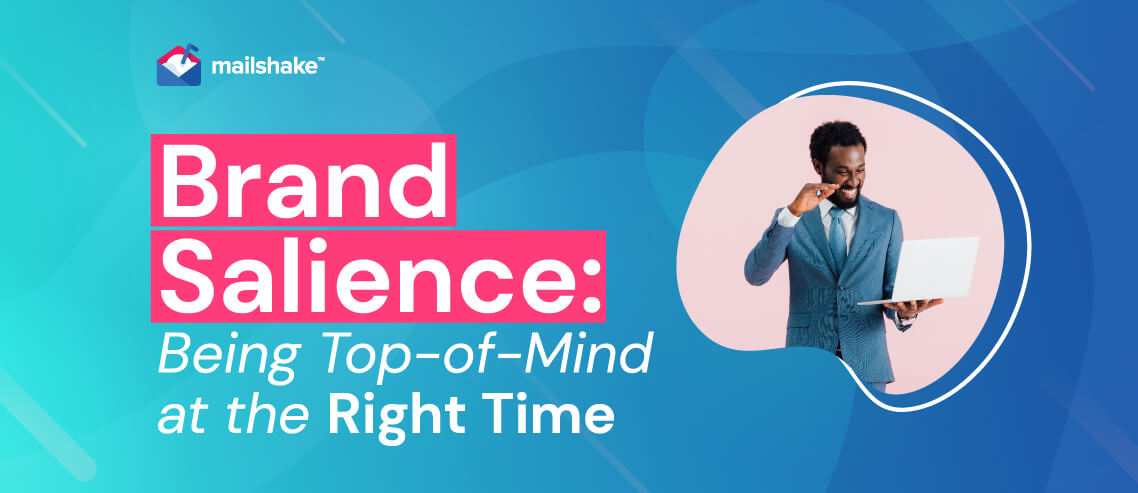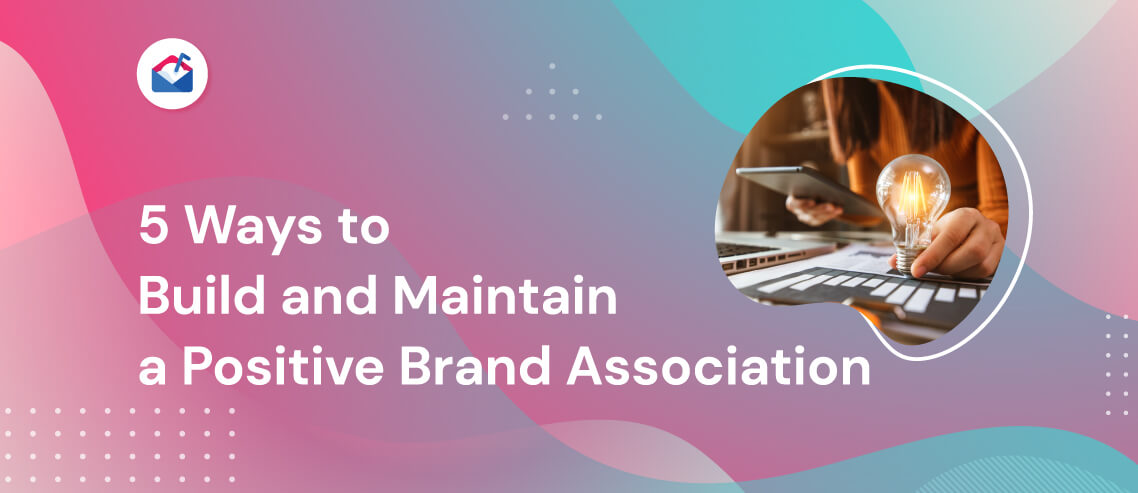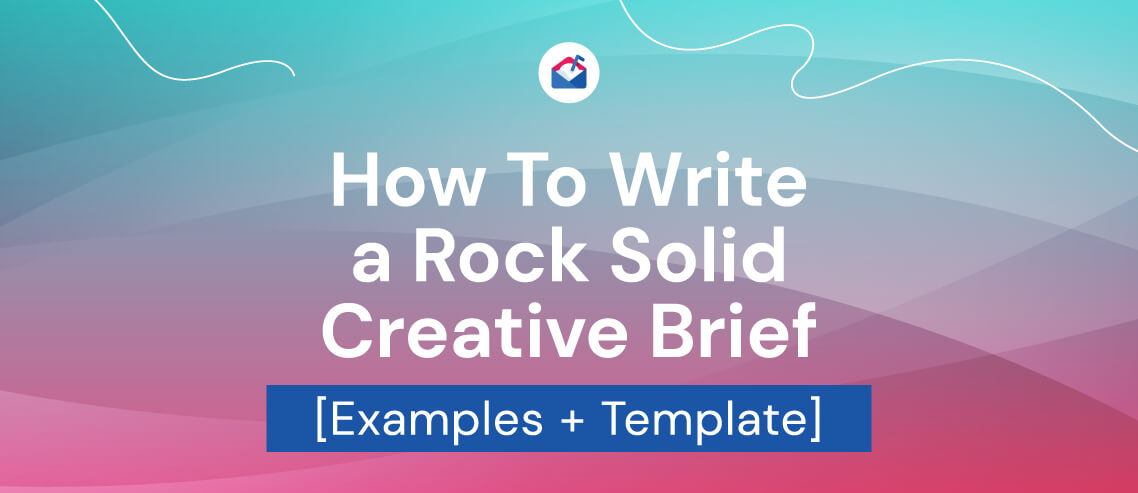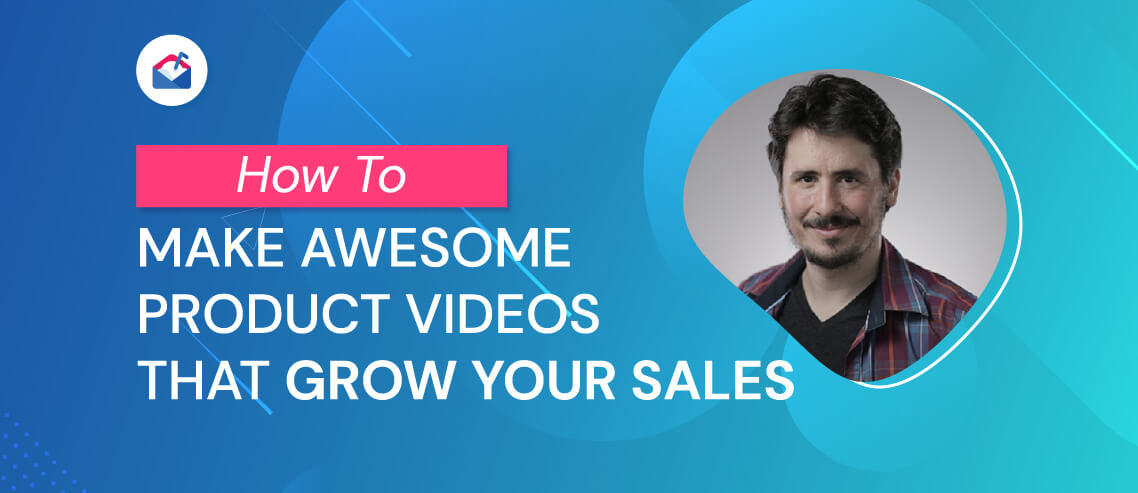Brand Salience: Being Top-of-Mind at the Right Time

Contents
There is more consumer choice than ever before. This is true for both eCommerce and brick and mortar products. But 72% of consumers will only consider up to four brands when making a purchase. This is why brand salience is so essential — so you can rise above the rest and make the shortlist in the customer’s decision process.
What Is Brand Salience?
Brand salience is an essential concept to understand in marketing. Brand salience is defined as the degree to which customers think of your brand when they are in the middle of a purchase decision.
It may sound the same as brand awareness, but it is not. Brand salience does involve brand awareness, but it is much more effective at generating new customers. That’s because brand awareness can happen anywhere in the marketing funnel, whereas brand salience occurs at the bottom of the funnel — where the transaction happens.
Brand awareness only represents how much your product is on a consumer’s mind when thinking about a general category. Brand salience means that your market has specific reasons to prefer your brand over another when they actually hand over their hard earned money.
This is one of the major differentiators between large brands with household names and smaller brands. Big brands often have brand salience, as opposed to merely awareness, which causes most customers to choose their product over the smaller brand.
But the description above merely scratches the surface. In order to truly make your brand salient, you must cement it in the mind of your consumers. And that’s easier said than done. Let’s discuss how in the net section:
How Do You Increase Brand Salience?
A good metaphor for brand salience is real estate. Your customer’s mind only has so much space — or real estate — available for certain areas of their life. This means you must make your brand memorable.
Research has shown that people hold different memories for different lengths of time. Therefore, brands need a strategy to create longer term memories to stay top of mind at the right time.
An essential factor in memory is emotion. The more emotions — good or bad — associated with an idea will increase retention. Businesses must increase the memory real estate they have in consumers’ minds by creating marketing that evokes emotion and conveys the benefits of the brand over competitors.
This brings us to the first strategy for increasing brand salience:
1. Use Emotional Stories
If emotion is what creates strong, long term memories, then simply using facts and figures is not enough. People buy based on emotion, and justify later with logic.
One of the most efficient ways to convey emotion is via stories. Humans have been telling stories for thousands of years. And smart brands use stories to engage their audience, communicate brand value, and gain customer loyalty.
Imagine two different commercials for kitchen utensils. The first commercial merely shows the product and states “Better prices, better quality.” The second, however, uses emotional storytelling. It shows a family sitting around the dinner table together, laughing and sharing quality time.
Of the two commercials, which is likely to be remembered by a customer browsing online or walking down the store aisle? The story-based commercial will win, of course.
2. Stay Consistent
Do whatever you can to get your brand in front of prospects. And don’t just do it once, but again and again. Every time you remind them of your brand, you strengthen the neural connection and make it faster for them to recall it.
You can form these memory structures in a variety of ways:
- Newsletters – Send out weekly or monthly emails to your subscribers. Remind them of the features and benefits of your brand.
- YouTube Ads – Dramatize your brand with highly produced videos. Strike emotional chords that contribute to brand salience.
- Podcasts – Demonstrate that your company is an expert in your space. Provide free value with education and entertainment to gain brand affinity.
- TV Commercials – If your budget allows, television campaigns can still reach a large audience while building brand salience.
These are just some examples of how brands can remain front and center. Perform market research to understand the best way to reach your customers. Then, invest in repeated advertising that ensures you are the top brand on their mind when they’re ready to buy.
3. Never Stop Testing
Once you create your advertising campaigns, the work is not done. To achieve true brand salience, you must test every angle of your promotions. Keep in mind that your competitors are continually refining their product and their messaging. If you neglect to test your branding, you will eventually fall behind.
At its core, testing allows you to see what works and what doesn’t. You can spend your budget more efficiently while achieving the same — or better — results.
There are various ways to test your campaigns:
- Google Analytics – This free software gives you crucial insights into your website’s performance. You can see which promotions, landing pages, and other on-site aspects are creating brand salience.
- Customer Surveys – Get feedback straight from the source. Allow customers to tell you if, when, and how they remember your brand when shopping.
- Revenue – The ultimate metric is growth. If your sales are increasing, you know that your campaigns are effective in boosting salience.
If you don’t test your campaigns, you’re shooting in the dark. And you won’t have a way to gauge whether your brand salience is going up or decreasing.
4. Expand Your Potential Customer Base
While more businesses are vying for market share, there are also more ways to gain new customers. It’s time to revisit certain channels that you dismissed in the past.
Expand your reach both digitally and in person to introduce your brand to new potential customers. This is one aspect in which brand salience and brand awareness intersect. In order to develop brand salience in new customers, you must build awareness.
You can increase awareness by focusing your messaging on pain points first. This lets prospects know that you understand their challenges. Only after that is accomplished can you introduce your product and solution — at which point they will be ready to learn about the features that make your brand better.
5. Create Bold and Authentic Branding
Bland marketing no longer works. Consumers are bombarded with marketing and advertising every day. Therefore, you must make bold choices in your campaigns in order to stand out.
Authenticity is one avenue for being bold. It shows confidence and courage in your brand to be “real” with customers. And according to a survey by Stackla, 90% of customers say that authenticity is an important factor when deciding between brands.
Show customers what makes you unique. What drives your company? Do you want to make a difference in the world? Do you thrive on creating a better solution to your market’s problem? Keep boldness in mind, but remember that authenticity is the secret that creates connection, trust, and ultimately more brand salience.
Final Thoughts
There is more competition for the same marketplaces than ever before. Companies that master brand salience will stay on consumers’ minds and generate additional revenue. Companies that don’t risk being forgotten altogether. So ensure you are following the steps above so that you can increase brand salience and ultimately your sales.





